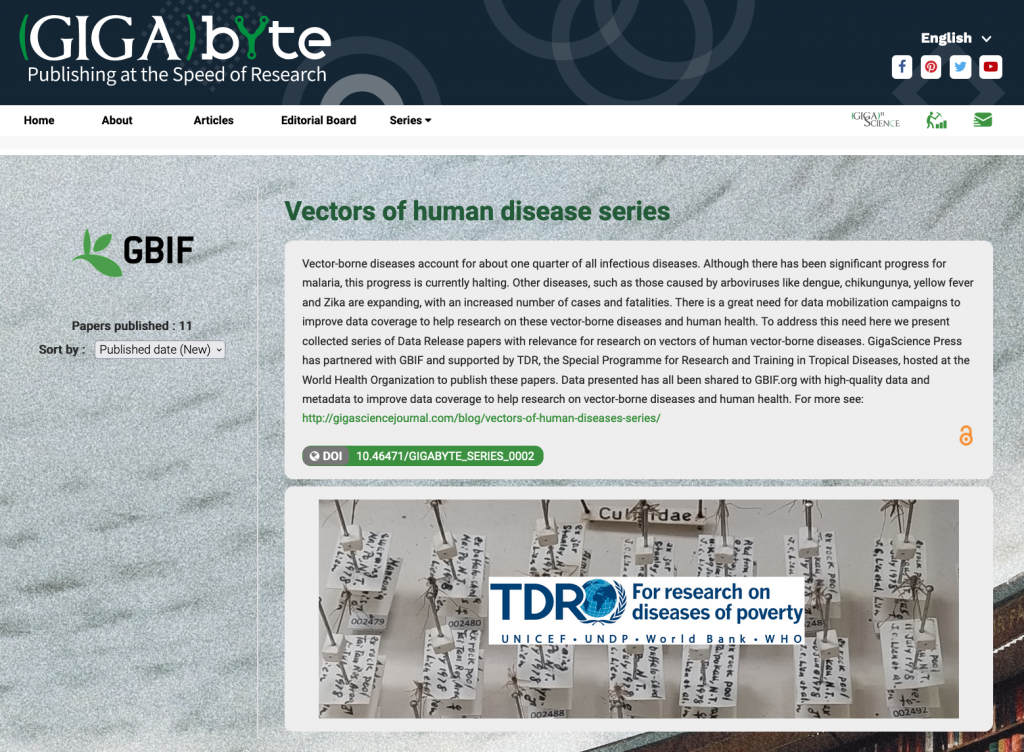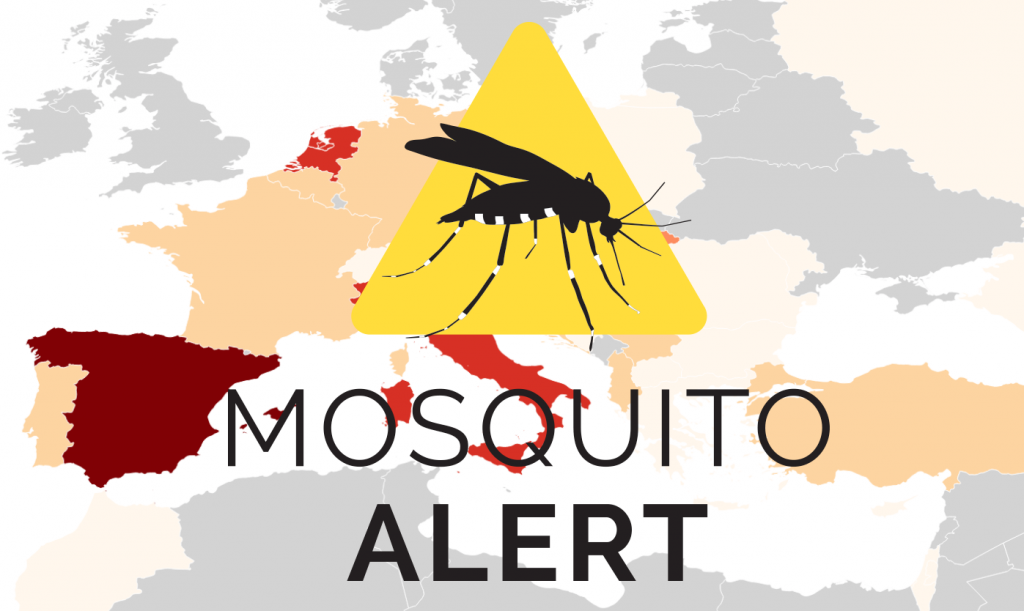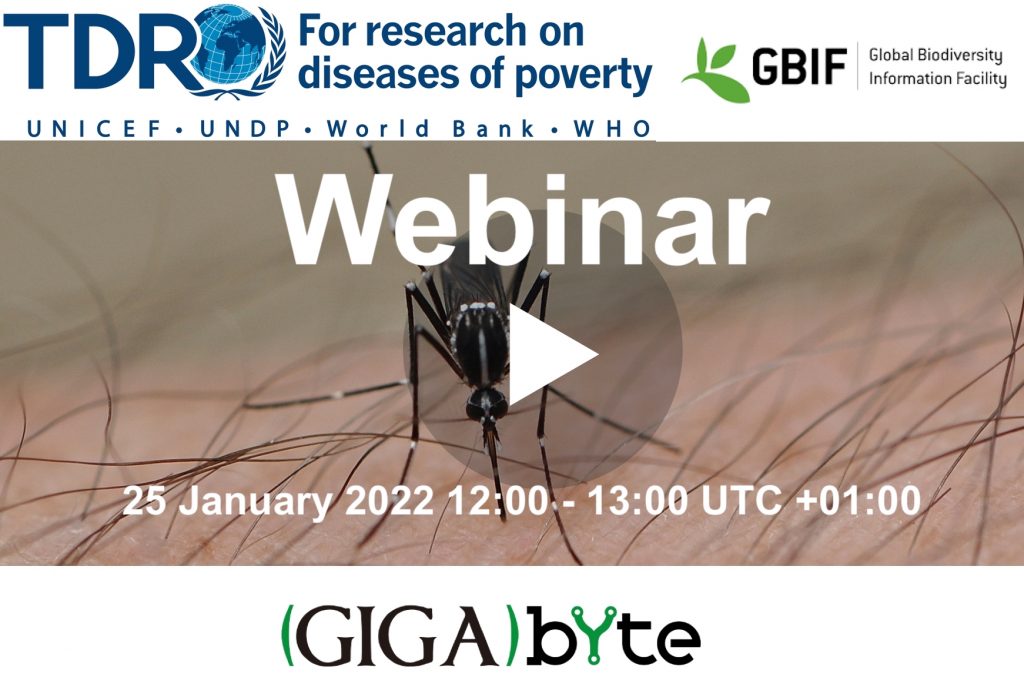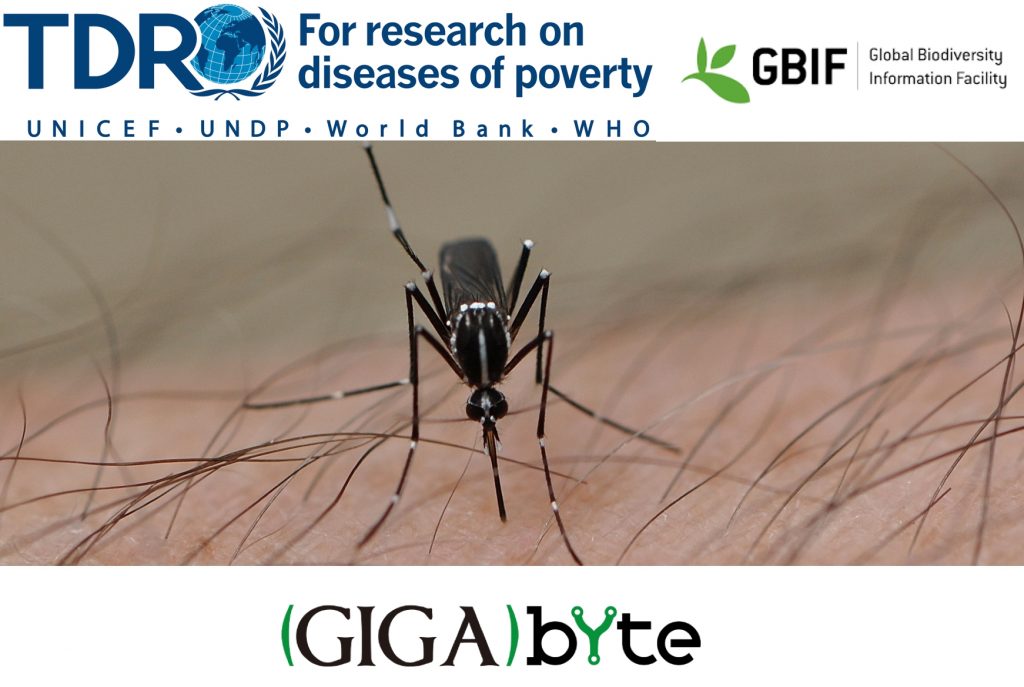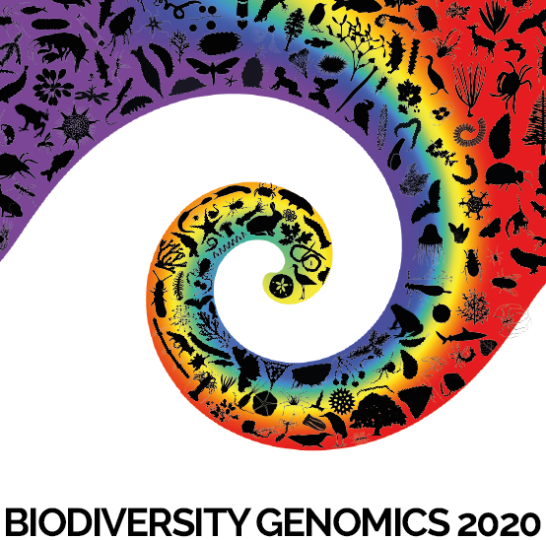
The meeting of the Society for the Preservation of Natural History Collections (SPNHC), International Partner – BHL (Biodiversity Heritage Library) and National Partner – NatSCA (Natural Sciences Collections Association) took place in Edinburgh from June 5 th -10 th 2022.
